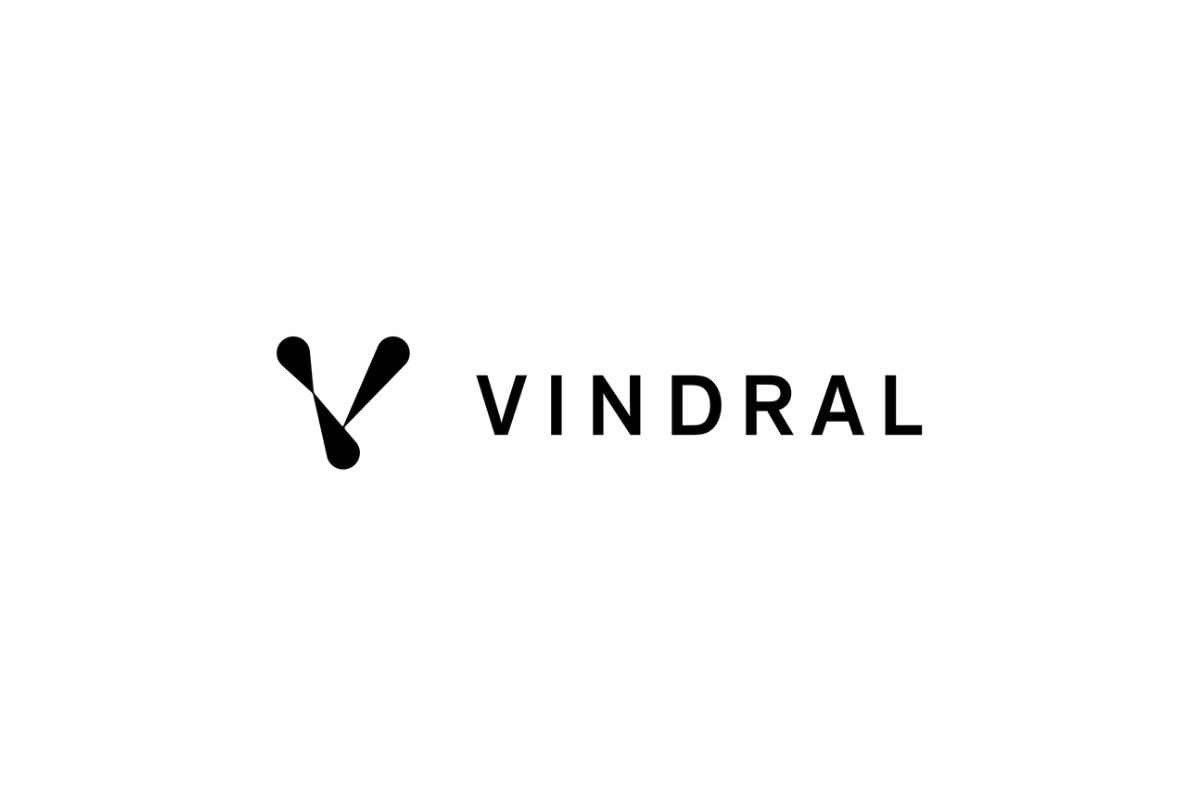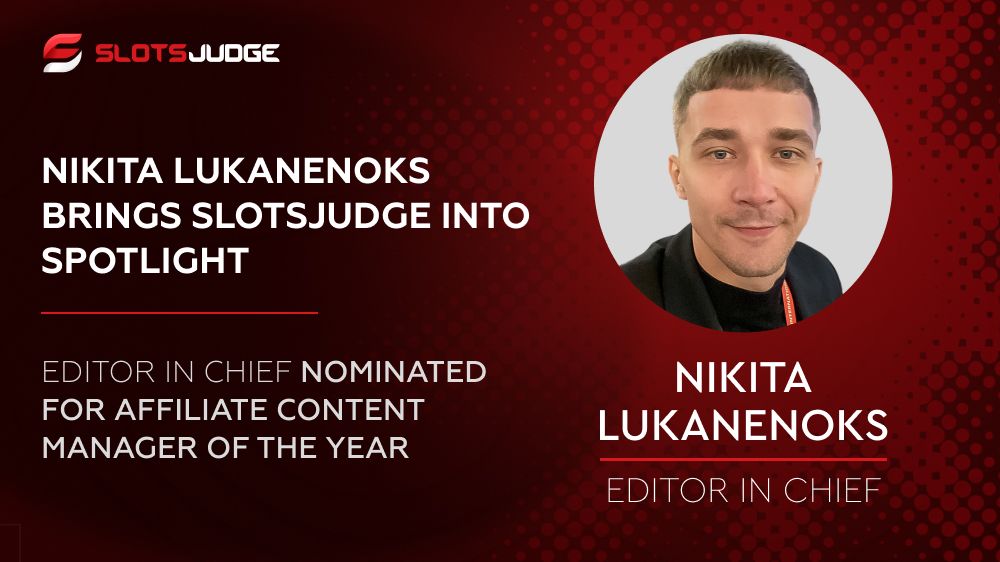Latest News
Gurhan Kiziloz’s Nexus Nears $1.45B After Skipping the VC Route

It’s easy to get swept up in the headline numbers. Nexus, the company led by Gurhan Kiziloz, brought in $400 million in revenue in 2024. By the end of 2025, it is projected to reach $1.45 billion. Those figures place it in a rarefied bracket, especially for a firm with no venture capital, no outside equity holders, and no board to answer to.
But the absence of VC isn’t a rejection of it. It’s a matter of timing, leverage, and control.
Kiziloz didn’t build Nexus in defiance of capital. He built it to avoid dependence on it. “If I can build it myself, I will,” he has said. The line isn’t ideological; it’s practical. In the early days, self-funding meant freedom to get things wrong without having to explain quarterly metrics to someone outside the room. Today, it means that if Nexus ever does take external capital, it will be from a position of strength, not need. VC money, when it arrives, will be a lever, not a steering wheel.
This quiet, build-first model has echoes in some of the most respected companies across sectors. Patagonia didn’t raise institutional capital and chose to grow slowly over decades, choosing mission over margin. Mailchimp famously built a massive bootstrapped business that cleared $700 million in annual revenue before being acquired. Spanx, founded by Sara Blakely with $5,000 in savings and no outside investors, was valued at $1.2 billion by the time she sold a majority stake. In each case, the decision to grow without early VC wasn’t an act of rebellion. It was strategic insulation, protection from timelines that weren’t their own.
Nexus follows a similar blueprint. Its expansion into Brazil, where it secured official licenses for iGaming and now operates at national scale, was built not with press tours but through compliance groundwork and local understanding. The work didn’t go viral, but it went deep. The infrastructure wasn’t outsourced. It was built in-house, quietly, sometimes slowly, but always with ownership.
None of this was inevitable. Nexus had its growth pains. Without outside funding, every hire, tool, and market entry had to be justified, not to a board, but to the balance sheet. Teams were built tight. Timelines were short. Goals were specific. The company ran more like a unit trained for movement than a hierarchy built for meetings. “If something makes sense, we go,” Kiziloz once said. And internally, that’s how it feels, quick decisions, clear lanes, and momentum favored over polish.
The discipline was more necessity than style. Self-funded firms don’t get the luxury of wasting cycles. Without deep pockets, you get one shot to make an entry count. That pressure, quietly, became a culture. It created a workforce that moves decisively. Not recklessly, but with urgency. “Not everyone is designed to take a ride in a rocketship,” Kiziloz said of his team. It was less a boast, more an acknowledgement of the intense internal tempo.
The parallels aren’t confined to lifestyle brands or startups. Even Ford Motor Company began with tight founder control. Henry Ford resisted outside influence, bringing in the Dodge brothers for manufacturing support but retaining strategic direction until the company was self-sufficient. The idea was simple: prove the model works before letting others shape it.
In the tech world, companies like Atlassian and Basecamp followed similar tracks. They built profit-first, culture-centric firms that didn’t chase funding rounds but focused on solving problems sustainably. When external capital eventually arrived, it didn’t come with a dictate, it came as fuel.
Nexus has never presented itself as a vision-led company chasing a pitch deck dream. There are no grand claims about disruption. The model is simple: execute well, stay efficient, build with discipline. The growth has come not from noise but from returns. And while the top-line figures are beginning to turn heads, the internal story remains one of quiet grind.
That contrast, between headline and habit, is where Nexus feels unusual. The numbers might look glossy. The reality is anything but. This is a company where days are long, margins are earned, and the most-used phrase remains one that’s lived more than said: persistence beats resistance.
As 2025 plays out, Nexus is positioned to make the kind of decisions few companies in its position can make without looking over their shoulders. Whether it brings in capital or not, the difference is this time it won’t be for survival. It’ll be for scale.
And that’s the point. Not that Nexus said no to capital. But that it waited until it didn’t have to say yes.
-

 Africa5 days ago
Africa5 days agoQTech Games wins Best Innovation of the Year at the 2025 SBWA+ Eventus Awards
-

 Asia5 days ago
Asia5 days agoNODWIN Gaming and JioStar Unveil OnePlus Android BGMS Season 4
-

 Latest News5 days ago
Latest News5 days agoVindral appoints Henrik Fagerlund as Chairman of the Board
-

 Latest News5 days ago
Latest News5 days agoCalema to Perform at Legends Charity Game in Lisbon
-

 Conferences in Europe5 days ago
Conferences in Europe5 days agoEGT Digital and EGT to rock the show at SiGMA Euro-Med 2025
-

 Latest News4 days ago
Latest News4 days agoPush Gaming redefines its portfolio, unveiling new game categories and sub-brand for extended player reach
-

 Affiliate Industry5 days ago
Affiliate Industry5 days agoNikita Lukanenoks Brings Slotsjudge Into Spotlight With Affiliate Leaders Awards 2025 Nomination
-

 Latest News5 days ago
Latest News5 days agoSee if the big win slipper fits in Cinderella from SLOT MART


























